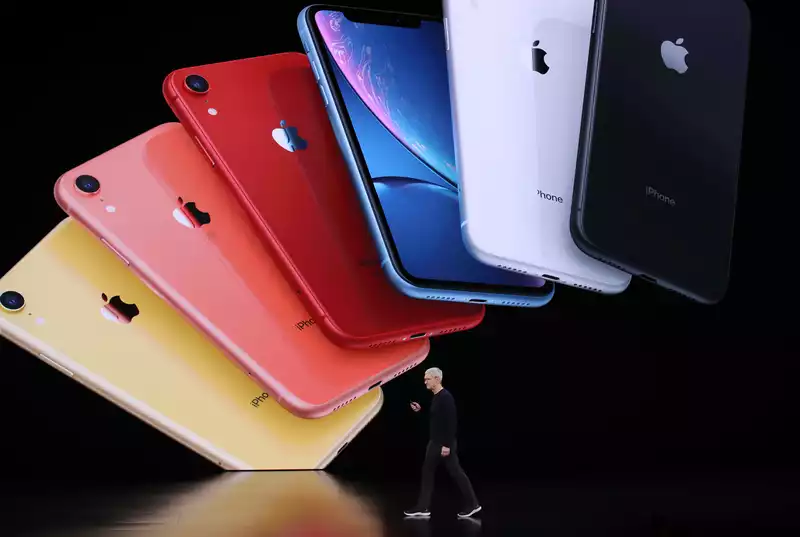Apple appears to have confirmed all recent rumors. In announcing its fiscal second quarter results today (July 30), Apple gave analysts a forecast for the current quarter, which ends in September.
Chief Financial Officer Luca Maestri noted that Apple's September 2019 fiscal year will include iPhone 11 sales. Maestri said, "This year, the new product will be available a few weeks later than that." That would mean that the iPhone 12 would be available in October at the earliest.
This is a change from the way Apple has rolled out new iPhones in recent years. The company typically holds a launch event in early September and begins selling iPhones within two weeks of that date. iPhone 12 will be the first new flagship iPhone since iPhone 4s to debut in October.
Apple watchers had expected a delay for the iPhone 12 after the coronavirus outbreak disrupted the global economy in general and Apple's production schedule in particular.
Apple suppliers, including Broadcom and Qualcomm, hinted that their key customers were facing product delays, and it did not take much guesswork to figure out that they were referring to Apple.
Just recently, Apple leaker John Prosser said that the iPhone 12 and the new iPad will be released in October. However, Apple did not reveal an official release date for the iPhone 12.
Our estimate is an October release date for the iPhone 12, but we have heard several reports that one or more models may be pushed back to a November release date.
We expect four different iPhone 12 models this year, each featuring 5G connectivity, a first for an Apple phone. Apple will likely release a 5.4-inch iPhone 12, a 6.1-inch iPhone 12 Max, and a 6.1-inch iPhone 12 Pro and 6.7-inch iPhone 12 Pro Max.
According to various leaks, all four iPhone 12 models should offer the faster and more efficient A14 Bionic processor along with 5G connectivity. The regular iPhone 12 models will feature two rear cameras, while the iPhone 12 Pro devices should offer three rear cameras and a 120 Hz refresh rate display.
At least one of the two iPhone 12 Pro models should also have a LiDAR sensor, which will not only enhance photography capabilities, but also improve AR app performance.
The iPhone was Apple's worst performer in the quarter just ended in June in terms of growth, although sales rose 2% to $26.4 billion. Apple had expected iPhone numbers to deteriorate year over year, but CEO Tim Cook credited better-than-expected interest in the iPhone SE.
The iPhone SE "seemed to appeal to people who had been holding onto their handsets a little longer because they wanted a smaller form factor phone," said CEO Cook, adding that the $399 price was also a factor in its popularity. Nevertheless, the iPhone 11 remains Apple's bestseller.
Apple's September quarter is typically the slowest for iPhone sales as shoppers hold off on buying the new iPhone in anticipation of its launch. Apple executives told analysts that they expect demand to remain unchanged from the June quarter, with the iPhone SE playing a key role for the company, at least until the next batch of iPhones arrives in that next quarter.










Comments